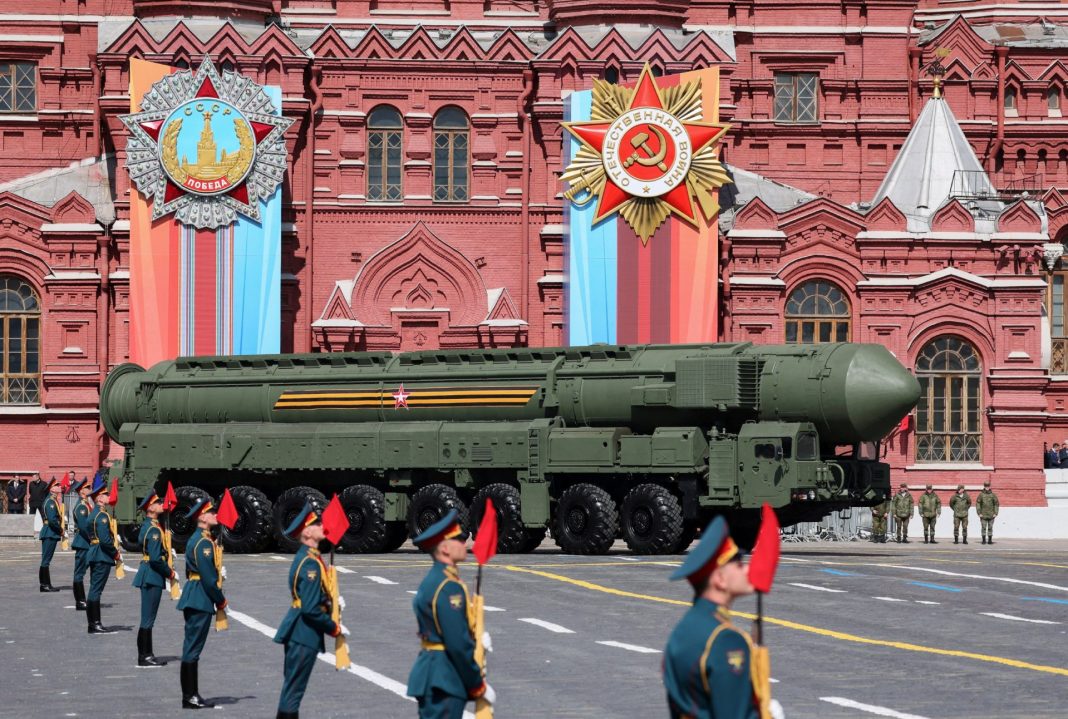Medvedev, who is also a former president of Russia, has repeatedly threatened to use nuclear weapons but the threats have so far failed to materialize. He has become one of Russia’s most aggressive pro-war hawks since the full-scale invasion of Ukraine began in 2022.
“Attempts to restore Russia’s 1991 borders will lead only to one thing – a global war with Western countries with the use of our entire strategic (nuclear) arsenal against Kyiv, Berlin, London, and Washington. And against all other beautiful historic places that have long been included in the flight targets of our nuclear triad,” Medvedev, a close ally of President Vladimir Putin, said in a reference to the triad of intercontinental ballistic missiles, submarine-launched ballistic missiles, and strategic bombers with nuclear weapons.
In the fall of 2022, Zaporizhzhia, Donetsk, Luhansk, and Kherson joined the Russian Federation after holding referendums.
In his latest post, Medvedev added that a potential defeat of Russia in the war against Ukraine and the “disintegration of the country” may trigger a nuclear war.
Medvedev has regularly threatened Ukraine and NATO with a nuclear attack.
In May 2022, he stated that by sending weapons and training Ukrainian soldiers, NATO “increases the likelihood of a direct and open conflict between NATO and Russia”.
Since then, thousands of Ukrainian troops have been trained in the NATO countries, and the allies have delivered different types of weapons, including long-range missiles, main battle tanks, and artillery systems.
